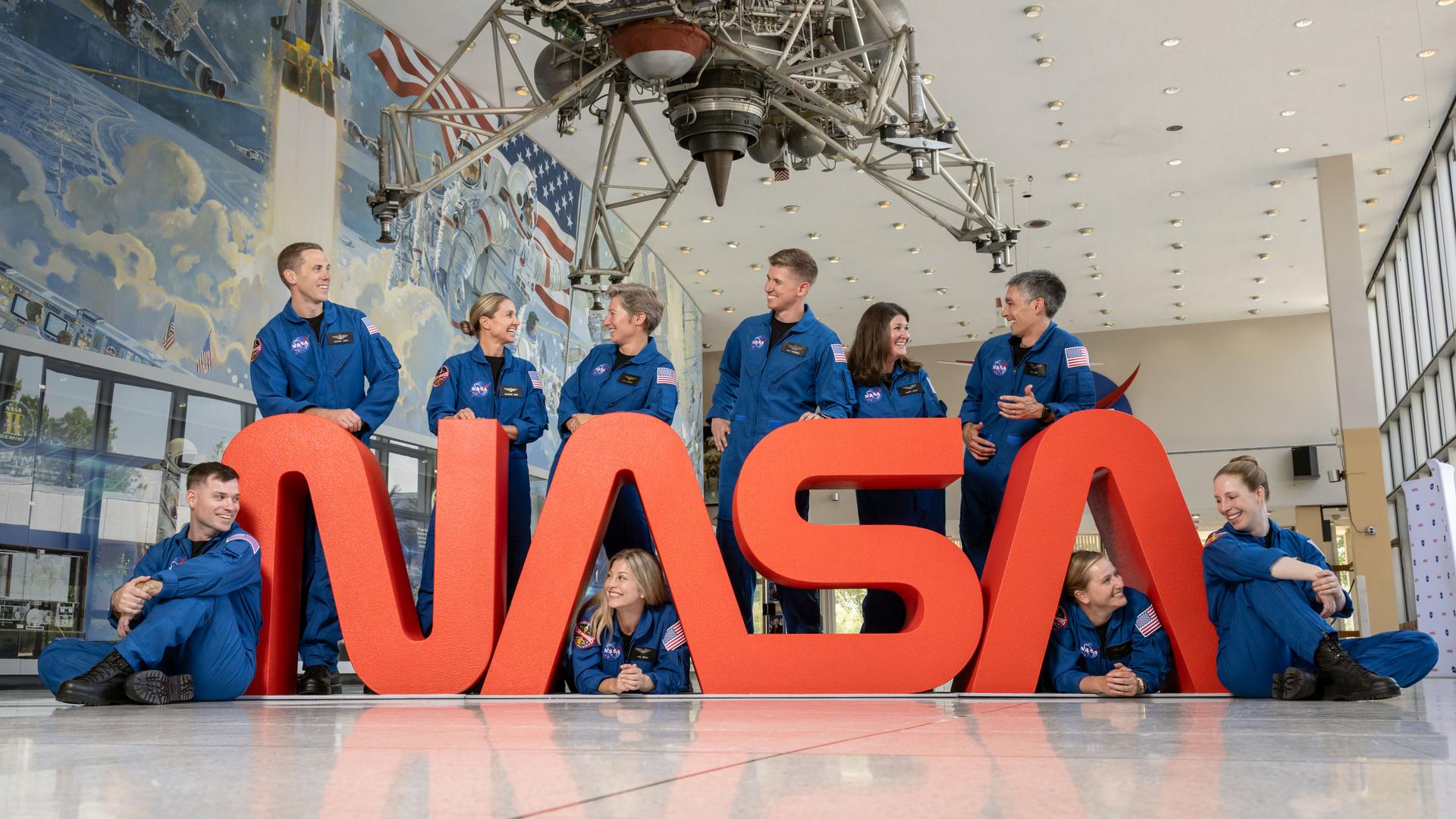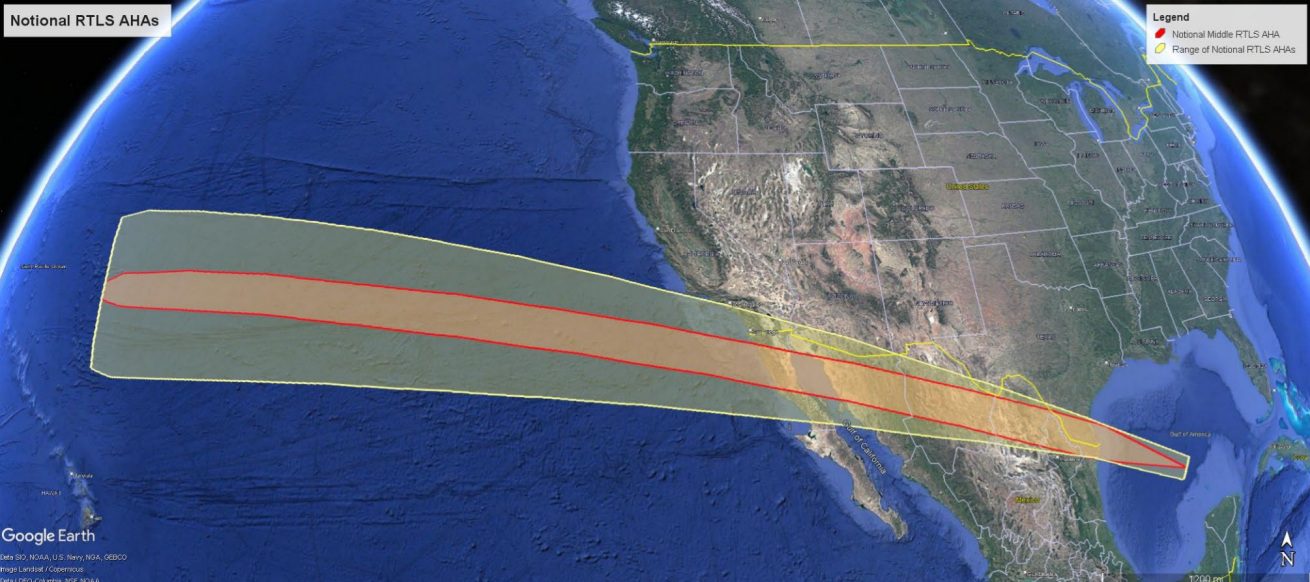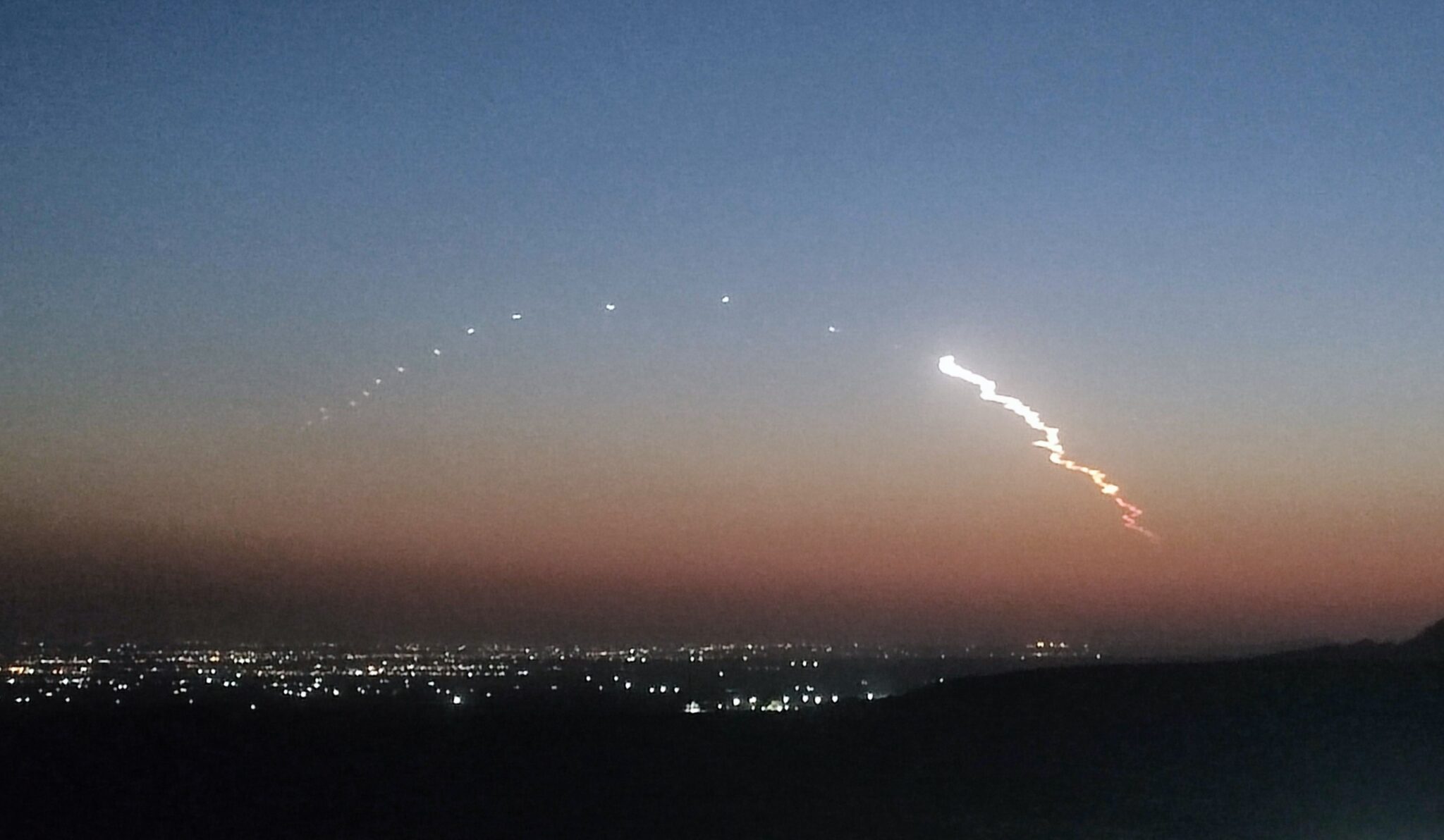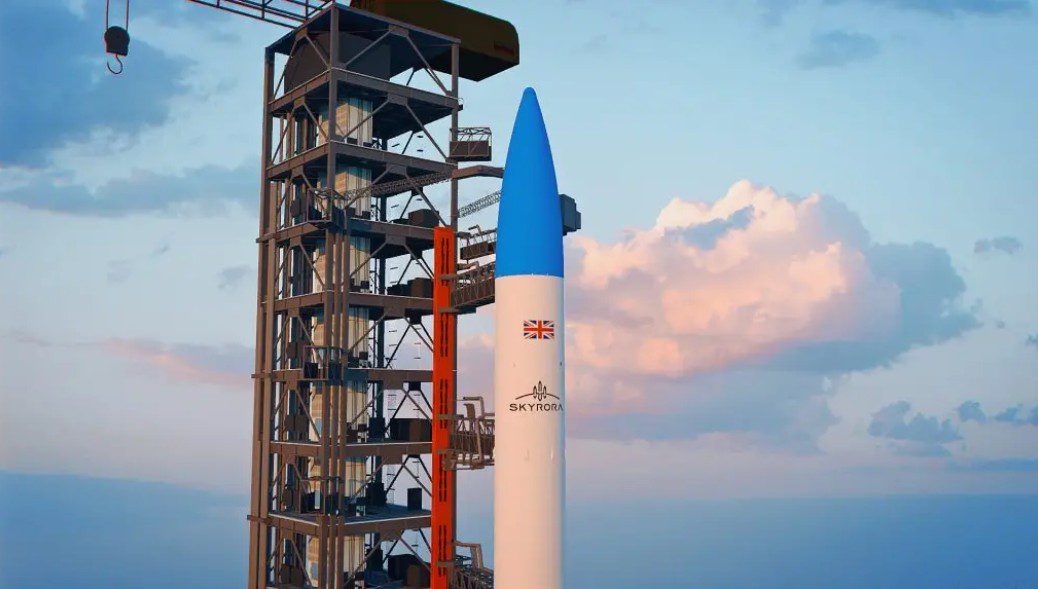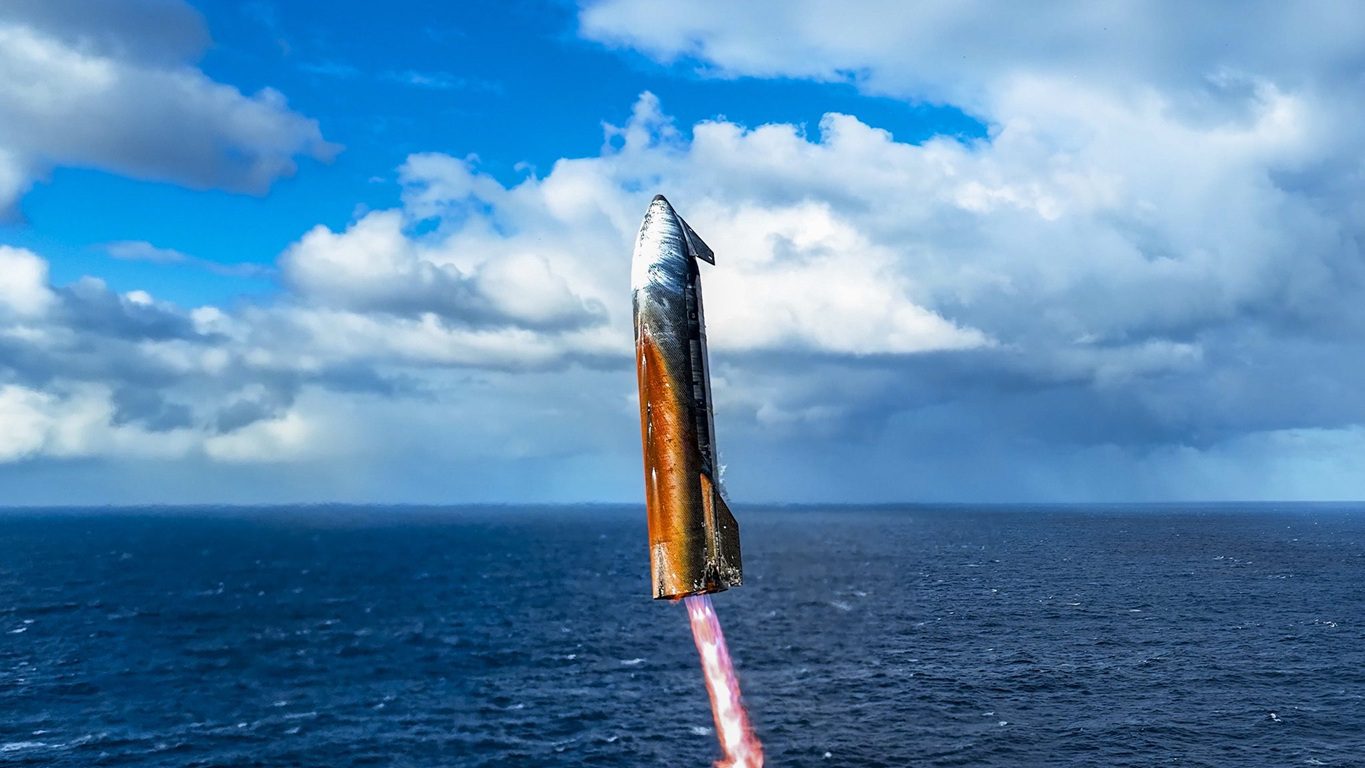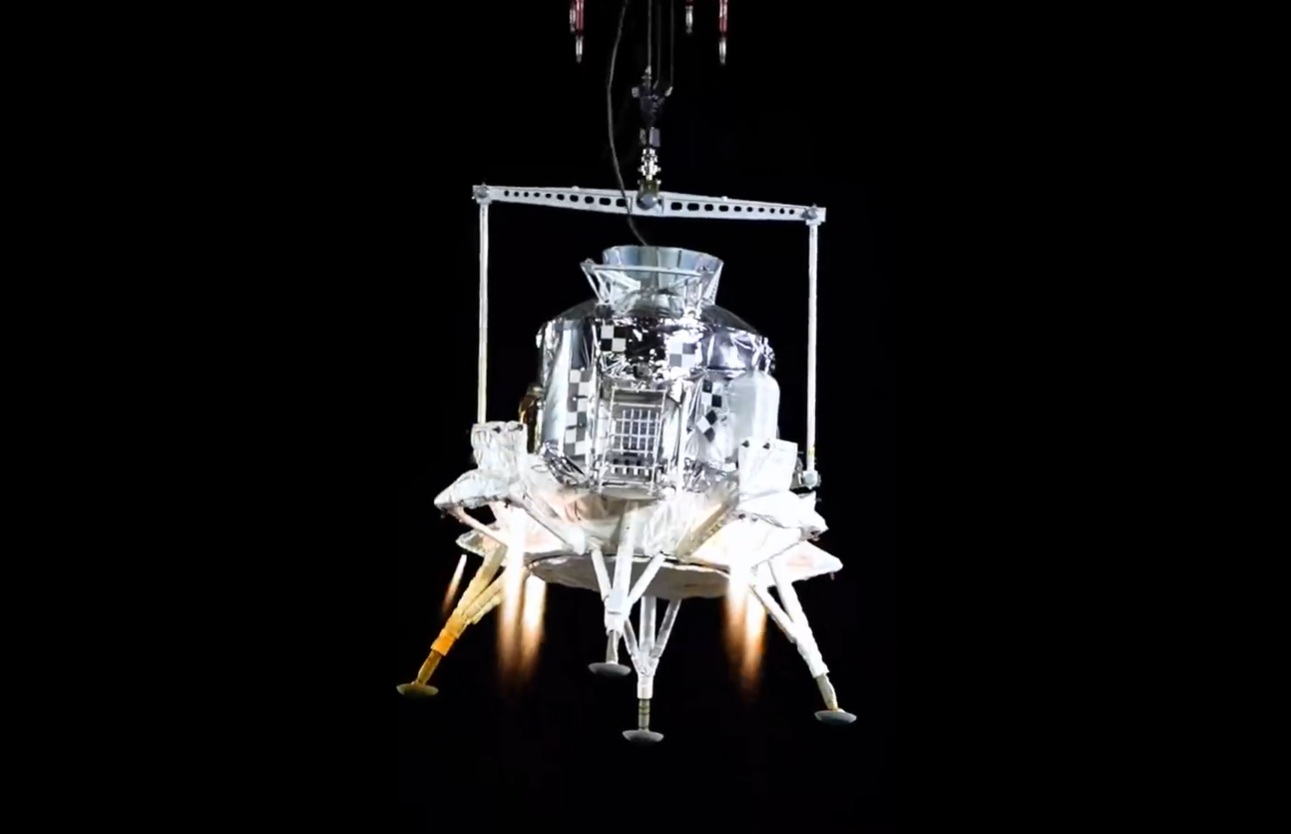While the Scottish referendum on its independence did have some reported intimidation and anti-English sentiment from the “yes” side, and scaremongering and economic threats from supporters of the “no” side, in the end the secret ballot was in the main, fairly run, and was an example to other less democratic nations. After a closely fought battle, the final decision, by a vote of 55% to 45%, was for Scotland to remain within the United Kingdom. This close but decisive result, was a relief to many, not least to the man who bet £900,000 on the result being “No” (he got back £1.093 million making a profit of £193,000). The other very concerned party was the Ministry of Defence (MoD) of the United Kingdom. If the vote had gone the other way, the MoD faced having to give up billions of pounds worth of military assets to Scotland.
The split of these assets to Scotland were variously estimated at: 12 of the RAF’s Typhoon fighter jets, a Type 45 destroyer and two Type 23 frigates of the Royal Navy (the anti-nuclear Scotland did not want any nuclear submarines), 20 Challenger tanks of the British Army, and finally, one of the UK’s Skynet military communications satellites.
Despite scaremongering by the “no” side during the campaign, small independent nations can often prosper economically in the longer term. The problem is that small independent states do not usually have large enough armed forces to counter military threats, and tend to give up trying, cutting their military spending in preference to other sectors.
For example, despite the fact that Scottish airspace is frequently pestered by Russia’s Tu-95 “Bear” bombers, it might have been a case of “chocks away but no jocks* away” as Scotland’s fighter pilots might not have had anything to fly in. That is, if an independent Scotland had been tempted to do what New Zealand did, and give up operating an expensive-to-run “fast jet” air force altogether.
And with no overseas territory to defend and with much less need for long range military operations, Scotland may have reasoned that it would be better to buy commercially available satellite capacity as and when needed, rather than having a dedicated military communications satellite of its own.
*A fighter jock(-ey) is slang name for a fighter pilot.
Lord Palmerston’s 19th century “Civis Romanus Sum” notion that being a citizen of the British empire awed foreigners into respect and good treatment, does not really hold true any more. Given Britain’s past history, it is probably more likely to result in derision, or worse, pity. Nevertheless, having a Scottish passport might have meant even less notional national protection.
As such, by staying in the UK, Scotland’s people do at least retain some measure of the military and diplomatic clout needed to counter foreign aggression or ill-treatment – well, at least more than if Scotland was alone.
And while the rest us living in England (and Wales and Northern Ireland) sometimes moan enviously about some of the funding benefits that Scotland has, escaping less popular policies in the rest of the UK (student tuition fees, elderly care home fees, prescription charges and possibly even the bedroom tax), nevertheless we remain grateful that our United Kingdom stands. As it is, Scotland’s extra funding should perhaps be excused as reparation for past mistreatment of the Scottish nation by various English (or England-based) Kings, governments and football teams. 🙂
At least, UK space cadets will be happy that the Union stands, not least because most of the best locations for a UK suborbital spaceport are based in Scotland. As it is, those UK companies (including Seradata) exhibiting at the International Astronautical Congress (IAC 2014) in Toronto, Canada, were grateful not to have to quickly Tippex white the blue bits of the Union Jacks emblazoned all over the UK Pavilion. 🙂
There was one other downside of the vote, at least for this writer. He had jokingly teased his Scottish wife with the threat that if the Scots voted for independence, she would have to go back to her “homeland”. On the morning of the referendum result being declared, she exclaimed: “You can’t send me back now…Ha! Ha! Ha!”
Ah well, for the benefit of all our nations in this United Kingdom and for the good of the marraige…it is a Saltire cross that your London-born correspondent will just have to bear!
Actually, this writer’s borderland-descended Todd surname indicates his family once had a foot in both medieval English and Scottish nations. This divided loyalty he also sees in the younger members of his in-law relatives, who having been Scottish-bred but London-brought-up, are, in fact, “jockneys” – Scots with London Cockney accents. So there is no point saying to them “Go bile yer hid, yer borbag!” as they may not understand. You can tell here that your correspondent had been taking lessons in conversational Scottish. 🙂
Still, your correspondent’s family name does apparently mean that he is allowed to wear a Gordon-clan tartan kilt, though it has to be said that the canny Scottish outfitters always manage to find you a suitable tartan and sporan, whatever your family name or background. As you read this, no doubt in Edinburgh there will be Chinese and Indian tourists being sold McChin and MacPatel clan tartan kilts. We are all Scottish now! If you have more or less a Scottish-derived surname, you can search for your clan here: http://www.scotclans.com/whats_my_clan/
While Scotland has a nascent space industry in addition to its well-established tartan and tourist ones, famous Scots achieving spaceflight are few and far between. Perhaps it is just as well, as wearing a kilt Scottish-style in zero-gravity conditions might well frighten any extra-terrestrial visitors up there.
In science fiction however, Scots appear, at first sight, to be more notable. For example, it was the USS Enterprise’s Scottish ship’s engineer Montgomery Scott “Scotty” in the “Star Trek” TV series who famously exclaimed in his broad and much imitated Scottish accent: “I cannae change the laws of physics!” And it seems you cannot change the laws of heredity as well, for James Doohan, the actor who originally played “Scotty”, was actually a Canadian.
Anyway, if you are Scottish, Canadian or from any other nation and are in Toronto in early October, come see us at the un-Tippexed Seradata stand in the UK Pavilion at IAC 2014, and while you are there, have a look at our excellent SpaceTrak launch and satellite database.

